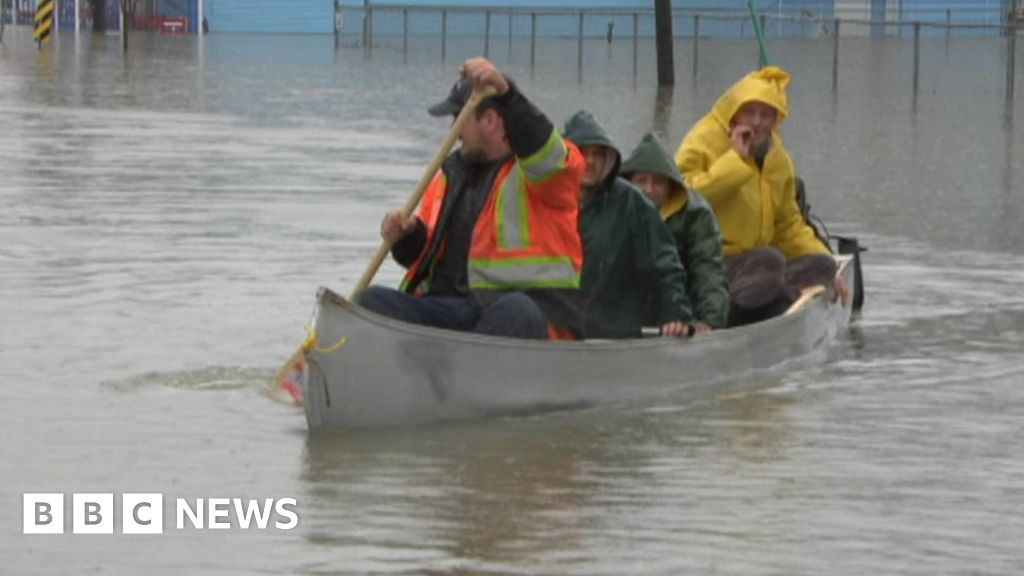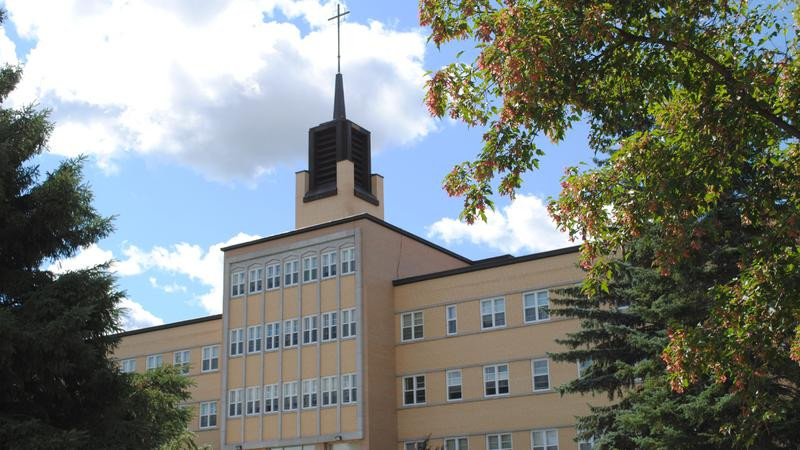The persistent threat of flooding in Montreal has become a source of growing anxiety for residents, who are now facing not only the physical and emotional strain of repeated inundations but also the possibility of losing their insurance coverage. The recent surge in flooding events, exacerbated by climate change, has prompted insurance companies to re-evaluate their risk assessments, leading to policy cancellations and leaving homeowners vulnerable to significant financial losses.
The Impact of Repeated Flooding
The relentless cycle of flooding in Montreal has taken a heavy toll on individuals, businesses, and the city's infrastructure. In recent years, the city has been plagued by a series of intense storms and heavy rainfall, leading to overflowing rivers and sewage systems, and the inundation of homes, businesses, and public spaces. This recurring pattern has left residents feeling increasingly vulnerable and frustrated, with many grappling with the emotional and financial repercussions of the damage.
The Psychological Toll of Flooding
For many residents, the experience of flooding has become a traumatic event. The suddenness and severity of the inundations, coupled with the loss of possessions and disruption to daily life, can lead to feelings of anxiety, stress, and helplessness. This psychological impact can be compounded by the uncertainty surrounding future flooding events and the potential loss of insurance coverage.
The Financial Burden of Flooding
The financial burden of repeated flooding can be overwhelming for many residents. The cost of repairs, cleanup, and replacement of damaged property can quickly escalate, leaving individuals struggling to make ends meet. Moreover, the threat of insurance cancellations further compounds the financial strain, forcing residents to shoulder the responsibility for future flood damage. As insurance companies become increasingly hesitant to cover properties in high-risk flood zones, homeowners are left with limited options for protecting themselves from the financial repercussions of future events.
The Insurance Challenge
The increasing frequency and severity of flooding events have prompted insurance companies to re-evaluate their risk assessments. As the financial burden associated with flood claims continues to rise, insurers are becoming more selective in their coverage and are increasingly reluctant to provide insurance to properties located in flood-prone areas. This shift in insurance practices is leaving homeowners vulnerable, as they are now facing the prospect of being uninsured for potential future flooding events.
Rising Flood Insurance Premiums
Even for those who can still obtain flood insurance, the premiums are rapidly increasing. The cost of coverage has become a significant financial burden for many homeowners, adding to their anxieties and financial strain. The rising cost of insurance is a reflection of the increasing risk of flooding, and it is a trend that is likely to continue in the coming years.
The Challenge of Reinsurance
The issue of flood insurance is also complicated by the challenges facing the reinsurance market. Reinsurance companies provide insurance to primary insurers, helping them to mitigate the financial risk associated with large claims. As the cost of reinsurance for flood risk has increased, primary insurers have been forced to raise their premiums or reduce their coverage, leading to a further decline in flood insurance availability and affordability.
The Need for a Comprehensive Approach
Addressing the growing problem of flooding in Montreal requires a multi-faceted approach that focuses on both mitigation and adaptation measures. This includes investing in infrastructure improvements, promoting sustainable development practices, and fostering greater resilience in communities. A collaborative effort involving governments, insurance companies, and residents is crucial to ensure that the city is better prepared to withstand the challenges posed by climate change.
Investing in Infrastructure Improvements
Improving the city's infrastructure is essential to reduce the risk of flooding. This includes upgrading drainage systems, strengthening levees, and implementing measures to reduce stormwater runoff. By investing in these critical infrastructure projects, the city can better protect its residents and businesses from the devastating effects of flooding.
Promoting Sustainable Development Practices
Sustainable development practices play a vital role in mitigating the impact of flooding. By reducing the amount of impervious surfaces, such as concrete and asphalt, and promoting green spaces, cities can minimize stormwater runoff and reduce the risk of flooding. These practices also contribute to a healthier and more resilient urban environment.
Fostering Resilience in Communities
Building community resilience is essential to help residents cope with the challenges of flooding. This includes providing educational programs, developing emergency preparedness plans, and establishing community support networks. By empowering residents with knowledge and resources, communities can become better prepared to respond to flooding events and minimize their impact.
Moving Forward
The situation in Montreal highlights the urgent need for proactive measures to address the growing threat of flooding. It is imperative for the city, in collaboration with various stakeholders, to invest in infrastructure improvements, promote sustainable development practices, and foster community resilience. By taking these steps, Montreal can reduce the risk of future flooding events and ensure a safer and more sustainable future for its residents.
A Call for Collective Action
The challenges posed by flooding require a collaborative effort from all sectors of society. Governments, insurance companies, and residents must work together to implement effective mitigation and adaptation strategies. By embracing a collective approach, Montreal can effectively address the issue of flooding and create a more resilient and sustainable city for future generations. The recent flooding events in Montreal serve as a stark reminder of the growing threat of climate change and the need for proactive action to mitigate the risks associated with it. It is time for all stakeholders to work together to ensure a safer and more secure future for the city and its residents.


















